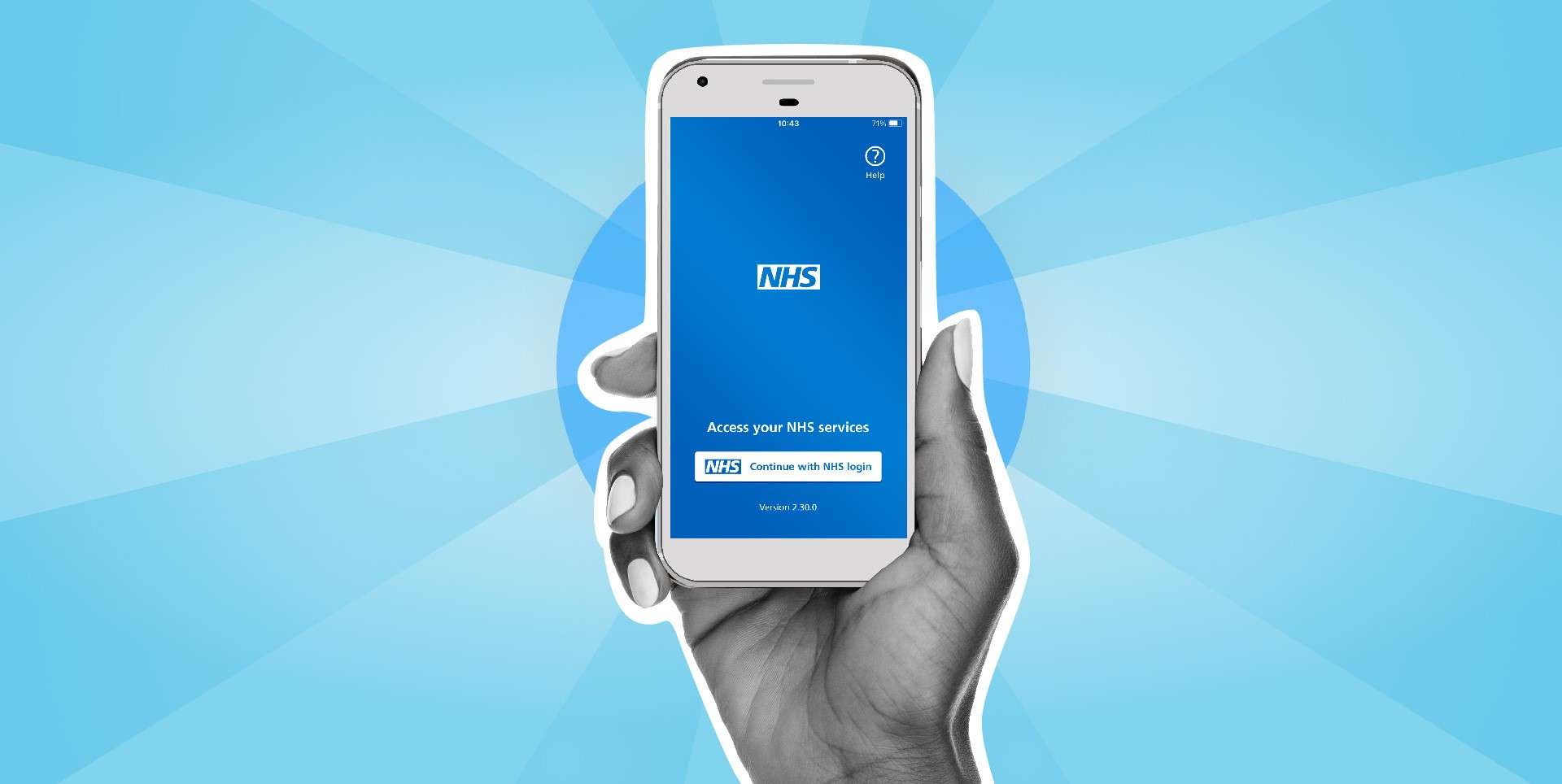Nationwide roster of citizens offering support was created at start of the pandemic
Credit: skylarvision/Pixabay
The NHS has started work on building a multimillion-pound platform to help “retain and grow” the nationwide pool of hundreds of thousands of volunteer responders that offered support during the coronavirus crisis.
The NHS Volunteer Responders (NHSVR) initiative was launched in March 2020 and, within a few days, more than 750,000 had signed up to offer their services providing support with tasks including the delivery of medication or shopping to citizens who were shielding. Later on in the pandemic, the volunteers were deployed to support the rollout of the Covid-19 vaccination programme – a purpose for which people are still being sought, as booster doses are administered this winter.
Having now “secured a national body of volunteer responders that remain able to support the NHS… the intention is now to retain and grow this cohort into a refreshed service supporting health and potentially adult social care in the future”, according to newly published procurement documents.
The Royal Voluntary Service, which worked with the NHS to create the volunteer scheme three years ago, has been retained on a £17m contract to provide programme-management services as the scheme is established as a permanent fixture. The charity’s new agreement with NHS England came into effect on 1 December and runs until 31 October 2025.
Alongside this deal is a £3.3m contract with GoodSAM – an app developer that has also worked on the progamme since it was launched, supporting the provision of the website and mobile app through which the deployment of volunteers has been managed.
According to the text of the tech firm’s contract with NHS England, the health service wishes to ensure the responders scheme is supported by digital services suitable for the long-term.
Related content
- Legislation finalising merger of NHS Digital aims to ‘ensure good practice continues’
- NHS Digital cites transformation ‘turning point’ after £750m investment in FY22
- NHS Digital spends £8m on four deals to support ‘Covid-19 rapid response’
The intention is that existing infrastructure can “be modified and developed with minimal cost to meet the discrete and evolving needs” of both volunteers and the bodies that wish to access their support in the coming years.
The requirements are expected to include an online platform and mobile app that can be used by multiple agencies in the NHS – and potentially in the provision of social care. The program should also offer “both immediate or scheduled deployment of individuals that are geographically located near to the task [or] client, with the facility to ensure that, if tasks are not accepted by one volunteer, other volunteers are able to access the task within a reasonable timeframe”, according to the contract.
For the first year of the contract, the software firm will “continue to deliver a level of consistency with the current NHSVR programme delivery model – with some ongoing changes to the volunteer roles available and operational model as required”.
“During this time the supplier will work with NHS England, the appointed service management provider and an appointed service design organisation to review and redesign the service to meet the post-Covid NHS and local service provider needs,” the contract said. “The digital platform provider is required to develop the service in line with the outcomes and recommendations of the service redesign process. The service redesign will involve a range of activities including piloting new roles and operating models and participating in facilitated task, role, [and] service design sessions followed by testing.”
‘Business as usual’
The commercial document identifies three core “strategic objectives” for the long-term future of the volunteering scheme.
The first of these is “how the programme can enable micro-volunteering to support health and care priorities in a business-as-usual” context, while the second is “how the programme can operate as an emergency response service.. in a reservist-style mode that are ready and willing to step up if called upon to help in a national, regional or local emergency situation”.
Building on this, the final objective for the programme’s future is operation is how it “can continue to provide an ongoing potentially short-term crisis response that supports and retains those NHS Volunteer Responders that wish to remain active and provide ongoing immediate urgent support… while local or alternative services are being put in place, or to complement local services”.
The contract added: “We will also explore how this programme can evolve further to integrate across health and social care and it is anticipated that at some stage in the future, the Department of Health and Social Care will wish to join NHS England as co-commissioner and become party to this commissioning arrangement to enable services to be provided within social care settings. Volunteer capacity is expected to reach up to one million NHS Volunteer Responders over the life of the contract. The programme is currently maintaining a centrally managed capacity of available volunteers at around 400,000. The expansion of capacity over time will be a combination of centrally and locally managed volunteers and the required number will be managed dependent upon the level of demand for tasks.”




